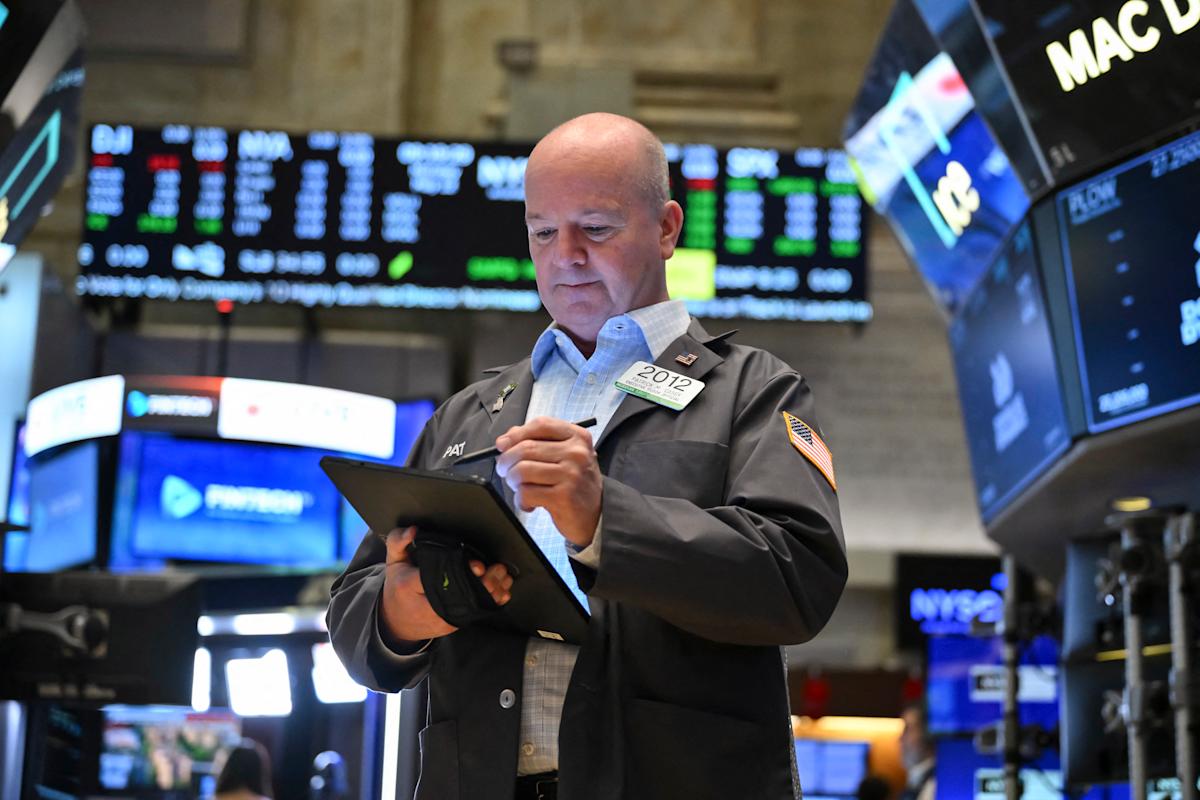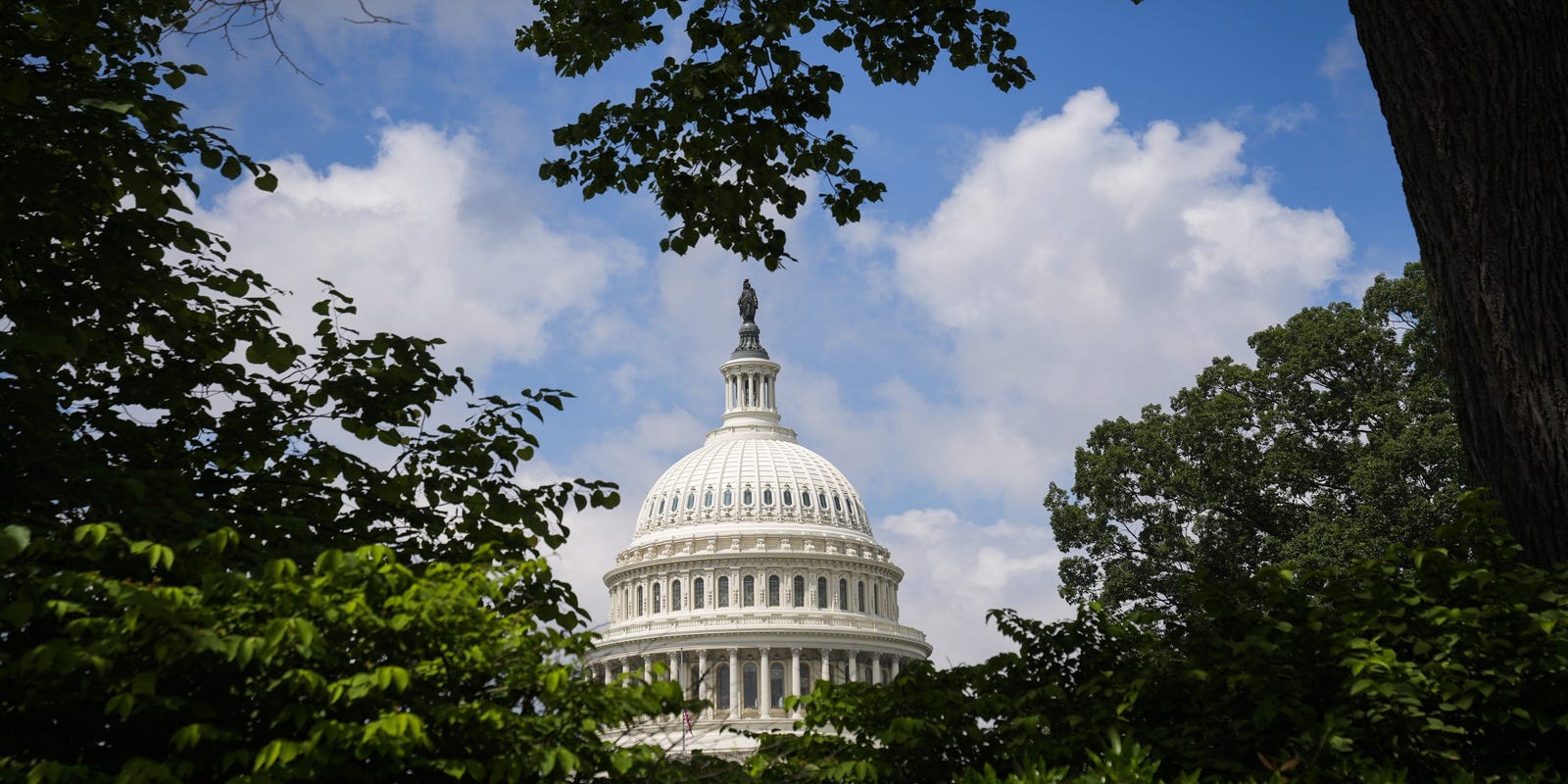
Investor relief over the apparent easing of trade tensions is quickly being overshadowed by growing concerns over the broader impact of tariffs imposed under the Trump administration. While diplomatic signals had temporarily calmed markets, analysts and business leaders are now turning their attention to the actual implementation and long-term consequences of the administration’s tariff strategy.
President Trump’s tariffs, primarily aimed at reducing trade deficits and protecting U.S. industries from foreign competition, have been met with retaliatory measures by key trading partners. While these policies were initially framed as a bargaining tool to secure more favorable trade agreements, their economic impact is now under scrutiny.
Manufacturers and supply chain operators are among those expressing alarm. Tariffs on imported raw materials such as steel and aluminum have led to higher production costs for U.S. companies. Small- and medium-sized businesses that rely on international supply chains are experiencing increased pricing pressures, which many say could lead to higher consumer prices and reduced competitiveness.
In the agricultural sector, farmers have been among the hardest hit. Retaliatory tariffs from countries like China have severely restricted access to key export markets, causing a drop in demand for American farm products. Although the U.S. government has provided relief packages to mitigate some of the losses, uncertainty continues to weigh heavily on the rural economy.
Financial markets, which initially rallied on the hopes of a trade resolution, are now showing signs of volatility as the long-term impact of the tariffs becomes clearer. Many investors are re-evaluating their risk strategies, with particular caution toward sectors directly affected by international trade flows.
Economists warn that continued reliance on tariffs as a policy tool could undermine global trade relationships and slow economic growth. As the U.S. approaches new trade negotiations, the challenge lies in balancing protectionist goals with sustainable economic policies that support both domestic industries and international cooperation.
With multiple sectors of the economy now feeling the pressure of these policies, the debate over the efficacy and consequences of President Trump’s tariff strategy is expected to intensify in the upcoming months.
Source: https:// – Courtesy of the original publisher.








